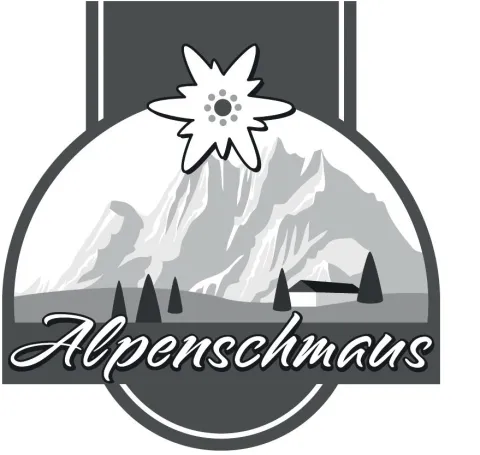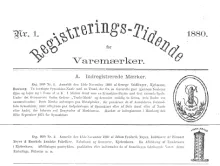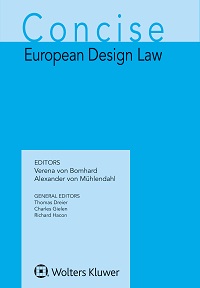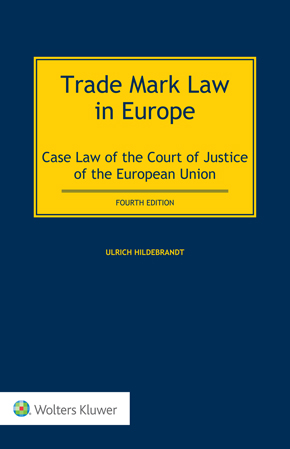Muesli - denied recognition in its birth place (T-103/16)
October 4, 2017
Muesli - denied recognition in its birth place (T-103/16)
Refusal of EUTM application for
For many Europeans, the Alps are a common denominator for mountains, milk, dairy products, muesli, chocolate, ski, hiking, peacefulness or natural wonders.
However, the General Court had a slightly different view. In its recent judgment (T-103/16 of 14 September 2017) that had as its main character the Alps, the Court concluded that muesli cannot be associated with the Alps and that “ALPEN” is not descriptive even though it is understood as a geographical name, thus denying the birth place of muesli (! originally from Switzerland).
For a better picture - the protagonists of this case were ALDI who sought trade mark protection for the figurative mark “Alpenschmaus” as shown above and Weetabix who opposed the application based on its earlier EUTM word mark ALPEN and a non-registered mark ALPEN in the United Kingdom. As the goods and the signs were found to be at least highly similar, a risk of likelihood of confusion was found based solely on the EUTM “ALPEN”.
Both the General Court and the Board of Appeal took into account only the United Kingdom consumers as the relevant public. Already that diminished the descriptiveness of “ALPEN”, which is the German term for “Alps” – although one should assume that a significant part of the UK public would immediately recognise “Alpen” as meaning “Alps” – not least bearing in mind the tourism going from the UK to the Alps every year, winter like summer.

It is true that the distinctiveness of a registered trademark cannot be called into question in an opposition proceeding. However, one could of course consider the relative weakness of the term ALPEN to reduce its impact in the complex trademark applied for, and on that basis, reach the conclusion that consumers, also those in the UK, will be unlikely to confuse Alpenschmaus and ALPEN – especially as “Schmaus” (“feast” in German) would certainly be widely unknown.
The lesson to learn from this case is – once again – not to rely on the relative weakness of a term that is part of a complex mark if it coincides with a dominant element of an earlier mark – or even, as was the case here, the earlier mark as a whole. In such a case, the only thing that can help is an invalidity action. In such an action, one could have looked at the mark being descriptive from the perspective of those that live in or next to the Alps (a significant part of the EU population), whose perception of the Alps is likely to go beyond cows and milk. One could have also mused about deceptiveness of the mark for all those that think the product comes from the Alps, when, in fact, it does not. After all, not offering the indicated quality in the mark applied for or not originating from the place they seem to refer to, may be regarded as being deceptive (see here Cannabis).
You may also like












